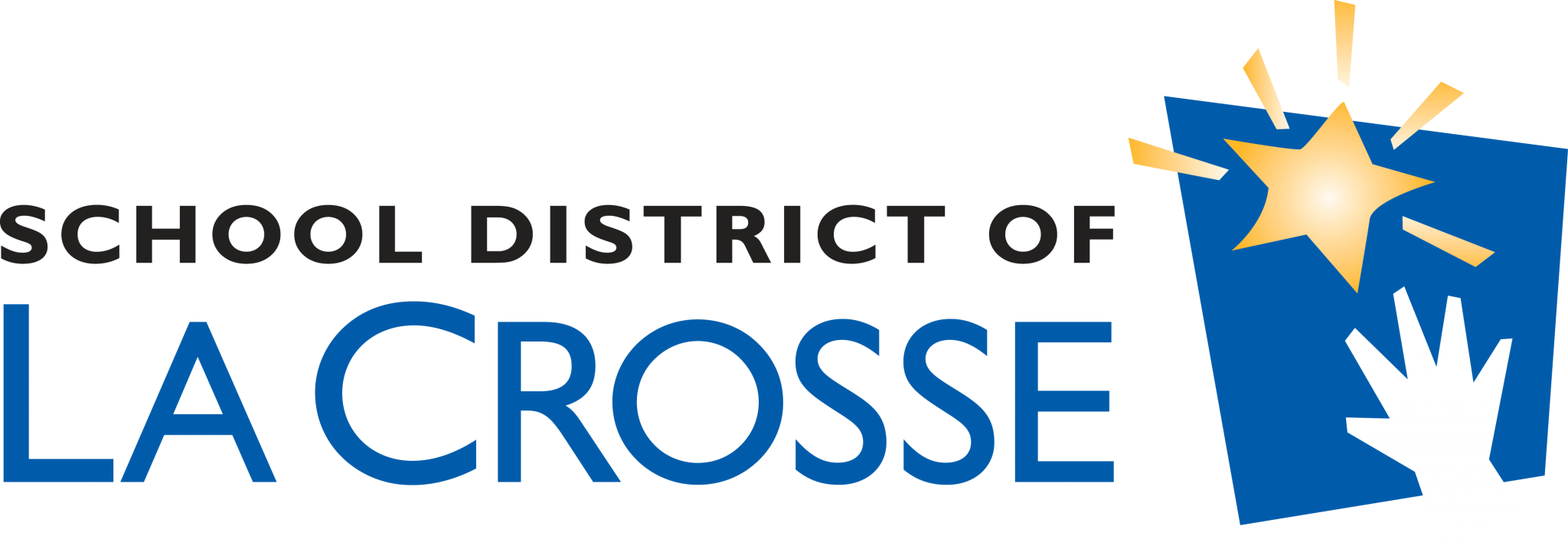Concerns about Abuse or Neglect
Considerations when Supporting Youth
- Find a private spot to have a conversation with the youth.
- Be aware of your tone and create an inviting/calm atmosphere for the youth.
- Talk with the youth directly about your concerns and ask them about their experience.
- Use active listening and follow up with the youth about what they share with you to be sure you are understanding their experience.
- Do not ask questions that may lead them to a specific answer.
- Avoid judgment and blame.
- Acknowledge the limits of confidentiality if you are a mandated reporter.
- Ask about or try to find out what they need from you.
- Provide reassurance by letting them know you are there for them and your priority is keeping them safe.
- Work to ensure their immediate safety and basic needs are met to whatever degree possible.
- Make sure they know who they can call or what they can do if they are in an unsafe situation.
- Find more resources here: What is Child Abuse and Neglect? Recognizing the Signs and Symptoms
Report to Child and Family Services
- If you have reason to suspect abuse or neglect, call the Childhelp Nation Child Abuse Hotline 1-800-4-A-CHILD (1-800-422-4453). This hotline is available 24/7 and all calls are confidential.
- You can also live chat with a trained counselor at www.childhelphotline.org
- If you are calling to report suspected child abuse or neglect in La Crosse County, you can call 608-784-4357 and indicate you are calling to make a report of child abuse/neglect. The receptionist will connect you with a local CPS Intake social worker.
- Be prepared to give them your name, phone number, relationship to the family, and the reason for your call. They will also ask for the youth’s name, date of birth, parents’ names, address, phone number, other adults and children in the home, any known mental health issues, and an overview of your concern. It is important to provide as much detailed and accurate information as possible.
- You can also visit the State of Wisconsin Child Protective Services website by clicking here.
- If you have a relationship with the parent, it is preferable to inform them of the report and, if possible, include them in the call. They may give first-hand information that can help Child and Family Services provide the right kind of intervention.
- You would not want to inform the parent if doing so increases the risk of abuse or retaliation on the child.
- Your information will not be disclosed to the family as the person who reported if you request to remain anonymous. You may also ask the intake worker how they are prioritizing the call so that you know how quickly the local worker will follow up.
- There is a potential that the CPS department screens the referral out and does not engage in formal follow-up with the family.
Connect with Supports
- There are several different ways to seek counseling or treatment. This includes a private therapist, a school counselor, mental health center services, and/or substance abuse treatment. Private therapists can be a licensed clinical social worker (LCSW), a licensed professional counselor (LPC), or a psychologist. This is usually covered by insurance and may occur weekly or every other week depending on treatment needs. Therapy is individualized and collaborative. A therapist may offer more frequent sessions if needed or may recommend a higher level of care as needed.
- Youth may also be able to receive counseling at school. This may be in the form of a school counselor who is accessible to all youth. The school counselor can give you more information about services available in the school.
- The School District of La Crosse also has a Student Family Assistance Program which offers short-term solution-focused interventions to support student mental health. If you are interested in this program, reach out to your school counselor.
- Youth in crisis may need more intensive support than outpatient therapy or school counseling.
Seek an alternative place to stay
There are times when getting some space can stabilize a crisis. If there is a safe friend or family member in the picture, it may help for the youth to stay with them for a few nights, or until a plan can be made.
What Else Can I Do?
If you would like assistance getting help for yourself or you would like to refer your child, student or friend for professional services, reach out to your school student services offices for additional support and information.
Community Resource
Great Rivers 211
Great Rivers 2-1-1 offers free, confidential community information and referrals 24 hours/day. Dial 2-1-1 or (800) 362-8255 to talk to an information and referral specialist.
